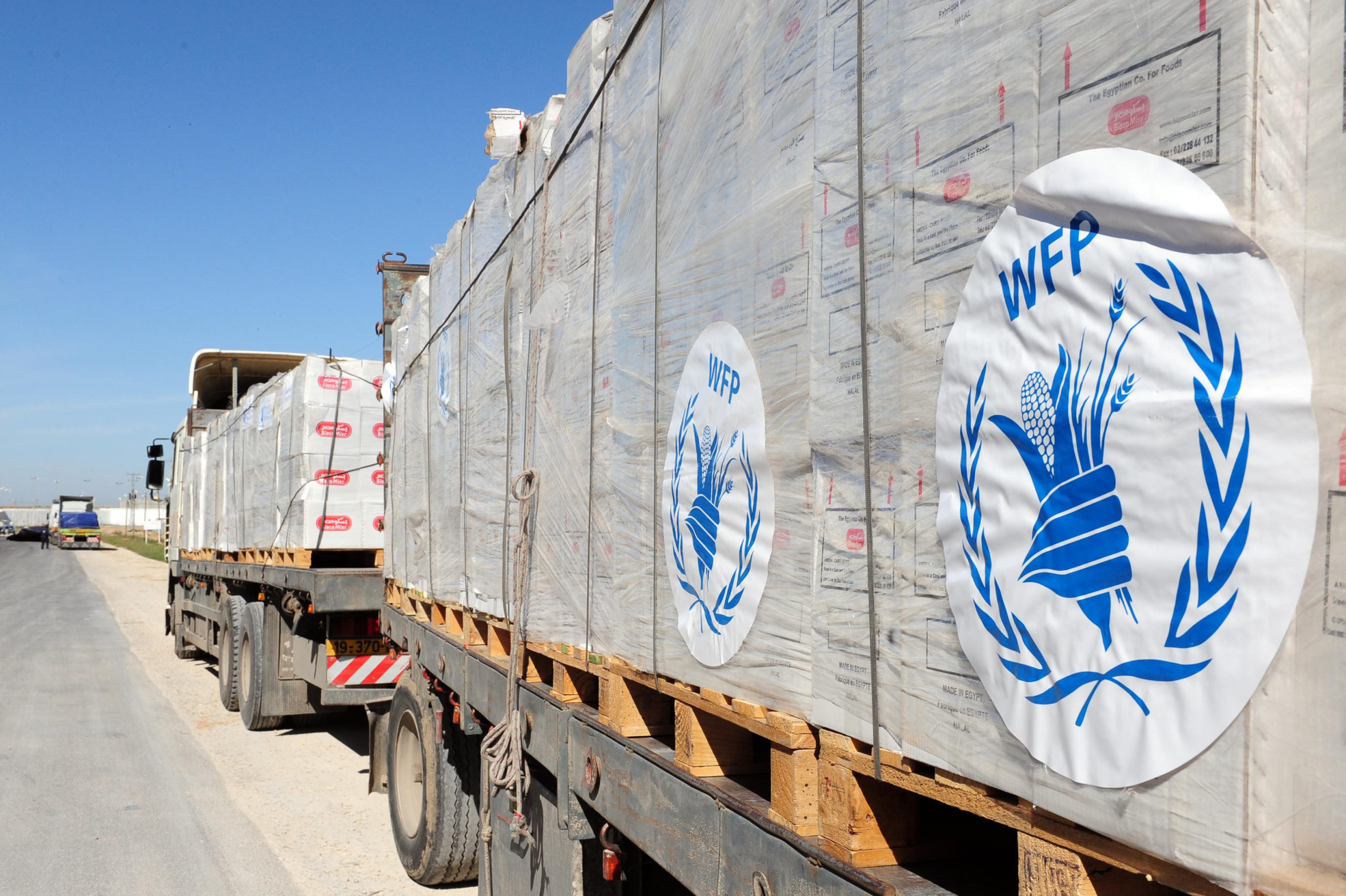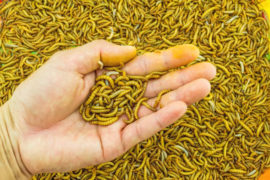Around 2.5 billion people across the globe have a smartphone and as Generation Z starts growing into their devices, this is only set to increase. But instead of spending their time scrolling through Reddit or getting high scores on Candy Crush, why not make a difference to world hunger?
This is exactly what ShareTheMeal app founders Bernhard Kowatsch and Sebastian Stricker thought and in 2014 they created their app in Berlin, where it was soon snapped up by UN World Food Programme.
ShareTheMeal is a novel app that allows you to make a real, tangible difference to people’s lives. For just 50 cents you can feed a child for a day or a $15 donation provides enough food for a month. The app also gives you autonomy to choose which region you want to provide food to.
The regions are updated depending on current events. Previously available regions were Malawi, when El Niño caused the worst drought in the last 35 years, and Cameroon during the Boko Haram violence last year. Currently the app is supporting Syrian refugee children in camps in Jordan, communities in hunger-stricken northeast Nigeria, and Rohingya children in refugee camps in Bangladesh.
As media coverage keep us constantly up to date with the many humanitarian problems the planet is facing, updating the regions encourages people to make a direct difference to the situations they see in the news with just a tap on their smartphones. Chief executive of WFP spoke to The Guardian about how wide-reaching the app is.
“The simple act of sharing a meal is how people all over the world come together,” said Cousin.
Using apps with an easy-to-use platform, the app is attracting a wide audience and has helped millions of malnourished children across the world. According to the website, in February 2017, when a famine was declared in South Sudan, an emergency campaign managed to share one million meals in just over a month.
Business magazine Inc described the possibilities of ShareTheMeal, saying that with 20 smartphone users to every hungry child, the app only needs 5% of these users to donate a meal a day and they could eradicate world hunger.
On International Women’s day earlier this month, the app launched a new initiative called ‘The Table’, which virtually connects donators with families and gives them personalised updates and stories, making the end product of the giving process a much more tangible connection. It also gives cash directly to the family, so that they can best decide what food suits their family’s needs.
ShareTheMeal is not the only company that has utilised the app format to encourage users to work together to reduce hunger.
Chowberry, created by Nigerian Oscar Epkonimo, is an app that connects supermarkets to NGO’s and low-income families, allowing them to buy food that is about to expire at a fraction of the retail price. Currently functioning in Nigeria, where hunger is a difficult problem to solve, Epkonimo hopes to expand the app.
“If a solution works here, it can work anywhere in the world,” he told news website UPROXX.
Pocket Rice is another novel solution created by RMIT University graduate James Downing, that mixes food donations with games. The app is a trivia game at heart and for every question you get right, instead of earning points, you accrue 15 grains of rice, which paid for entirely by in-app advertising. When you donate your virtual rice, Downing buys real rice and it is sent to those in need. This app is also partnered with UN’s World Food Programme.
Technology is making the world ever smaller and with these new technologies come the ability to truly make a difference. A swipe and a tap can slice a fruit in half with ninja-like precision, or it can deliver a nutritious meal to where it is needed most.










